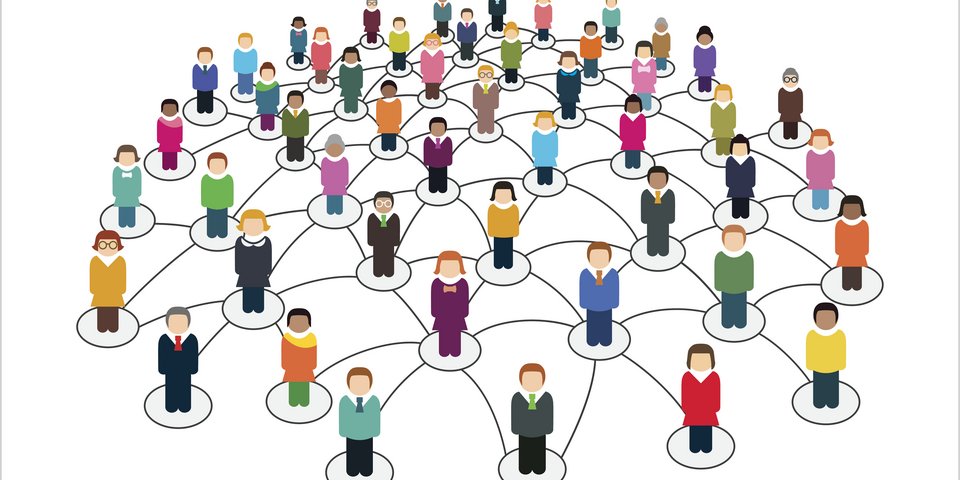 This content is subject to copyright.
This content is subject to copyright.Covid-19
Europe gears up
UM – 03/2020
On Friday 6
March, the Council of Ministers (EPSCO) will hold a special session for the
second time to discuss the corona epidemic. It had previously met on 13
February 2020. The main discussion point was the procurement of medicines and
protective equipment to avoid supply shortages, as well as support for non-EU
countries in need of assistance (see Council conclusions). The Council also called for
increased cooperation at EU and international level.
Facts instead of hysteria
Europe is
on high alert and is trying to delay the further spread of the virus. It is important
to distinguish between prudent precautions and panic-driven hysteria. Objective
facts are key to this. Such information can be found on the GKV-Spitzenverband website, which also includes a list of additional hotlines, and the DGUV website (both German only). The EU
Commission also has comprehensive information available online.
Covid-19 is
a relatively mild illness. However, the speed at which it is spreading is
alarming. It makes a difference whether a disease spreads within a few weeks or
over a longer period of time in a population. Covid-19 infection rates are
rising rapidly in some countries.
Risk of infection: high!
Meanwhile,
the European Centre for Disease Prevention and Control (ECDC) has raised the
risk of infection in the European Union (EU) from moderate to high. There are
no border controls under consideration yet. There are already 2,100 confirmed
cases in 18 Member States, 38 of which have resulted in death. The highest
number of cases (1,700) has been reported in Italy. Authorities in Germany have
so far confirmed 150 cases. Worldwide, almost 90,000 cases had been recorded in
68 countries at the beginning of the tenth calendar week.
Covid-19 is a global challenge
The EU is
providing more than €232 million to help Member States fight the new virus (see EU press release from 24 Feb
2020). €114 million
will go to support the World Health Organisation (WHO), €90 million will go to
research partnerships between public institutions and pharmaceutical companies,
€15 million will go to Africa and €10 million to other research projects. Three
million euros have already been invested in disaster control, including for
protective equipment to China. This situation clearly shows that a virus knows
no borders.
